| The Annual International Berkeley Undergraduate Prize for Architectural Design Excellence 2021 | ||
|
2021

Architects in Service to the Community |
Click on photograph for details.
|
|
| WATCH FOR THE LAUNCH OF BP2022 AND OUR BP2022 WEBSITE ON SEPTEMBER 15! | ||
Quick Links |
About the PrizeThe BERKELEY PRIZE Competition was established in 1998, made possible by a generous gift of JUDITH LEE STRONACH to the Department of Architecture in the College of Environmental Design at the University of California, Berkeley, U.S.A. |
New here?The BERKELEY PRIZE strives to show architects-in-training that the smallest act of building has global implications: that design can and does play a major role in the social, cultural, and psychological life of both the individual and society at large. |
BP2021 Essay Competition Requirement. Go into the BP community via the website in order to answer this year's Question.
First stop: See what past winning students are accomplishing in service to their communities.
(In Their Own Words and Updated)
I: Essay Prize Winners |
II: Travel Fellowship Winners |
III: Architectural Design Fellowship Winners |
(As Found on Social Media)
IV: Essay Prize and Travel Fellowship Winners |
Then: Explore the BP website for past competition topics, yearly introductions, winning essays, travel Fellows' reports, and articles by researchers on the social art of architecture in order to help you frame your response to this year's Question.
|
2021 Essay Prize Jury and Committee
Jury:
Committee:
See the profiles of the 65 professionals and scholars from around the world who select the semifinalists and finalists, and present the top essays to the jury. These Committee members represent some of the leading figures in their representative disciplines. They are all dedicated to pushing the field of architecture to do much more to integrate social issues and a social perspective into the design process.
|
2021 Essay Prize Competition
Each year, the PRIZE Committee selects a topic critical to the investigation of the social art of architecture and poses a Question based on that topic. Full-time undergraduate students in an architecture degree program or majoring in architecture in accredited schools of architecture throughout the world, including Diploma in Architecture students, may submit a 500-word essay proposal responding to the Question. Entries by teams of two students are encouraged and the second team member can be an undergraduate studying in fields related to architecture. 2021 Community Service Fellowship Competition
Students: If you become a semifinalist in the Essay competition, you have the opportunity to compete in the new COMMUNITY SERVICE FELLOWSHIP. Details coming in early 2021. |
Raymond Lifchez Disability Design Studies Honor
|
September 11, 2020 There are moments made for the people who find them. Berkeley and the Independent Living Movement (ILM) of the 1970s was a moment perfectly made for Ray Lifchez. He was that thing he himself has recognized as being so needed; an architect with empathy. He began creating accessible spaces in respectful partnership with the disability community at a time when there was no social model for that type of space or those respectful partnerships. He has continued to do so brilliantly, over decades and decades, earning the admiration of the disability, academic and architectural communities. U.C. Berkeley is hallowed ground for the disability community world-wide. One of the most breathtakingly successful civil and human rights movements in history, the ILM began in earnest in the 1960's, in Berkeley, to advocate for equal opportunity for disabled people. A response to the Eugenics movement of the early to mid-20th century that sought to disappear disabled people from the world entirely, the ILM insisted on basic human rights for disabled people, including physical access to public spaces. Only with physical access can rights to education, housing, health care and employment - to equal opportunity- be realized. In 1970, Professor Lifchez arrived at U.C. Berkeley's College of Environmental Design to further his graduate studies in architecture and to become a member of the faculty. The moment was perfect: just a few years prior, disability activist Ed Roberts had matriculated as the first of a group of disabled students to integrate the campus and begin a period of focus on programmatic and physical access. Professor Lifchez designed a groundbreaking course that brought disabled people into the classroom to work with students who were learning how to design buildings. In 1979, along with Barbara Winslow, he published Design for Independent Living: The Environment and Physically Disabled People. Then, in 1987, he published Rethinking Architecture: Design Students and Physically Disabled People, cementing his place as a pioneer of universal design. In the 1990s Professor Lifchez, together with Professors Susan Schweik (Department of English) and Fred Collignon (Department of City & Regional Planning), began developing a core of disability-centric course offerings at Berkeley. By 2000, a formal Disability Studies Minor was established, one of the first degrees in Disability Studies to be offered in the world. In 2018, the Berkeley's Center for Independent Living (CIL), the model for over 400 independent living centers across the United States, also recognized Professor Lifchez with the Ed Roberts Award. This prestigious award recognizes and honors those individuals who have made contributions to the success of the CIL and the independent living/disability rights movement in the United States and internationally. This year the Disability Studies Minor program celebrates its 20th anniversary. And, after 50 years of devotion to the vision of justly designed, accessible spaces, Professor Lifchez in May of this year generously donated a large fund to U.C. Berkeley's College of Environmental Design in order to create a new, permanently endowed teaching position focused on universal design. The Lifchez Professor of Practice in Universal Design position will help bring additional design and pedagogical energies to the topics of accessibility and universal design. Professor Lifchez has continued to inspire and support young architects to think "broadly about the community," not the least of which is the disability community, as Founder and Chair of the International Berkeley Undergraduate Prize for Architectural Design Excellence. Consisting of a yearly essay and various fellowship competitions, the Prize, now in its 23rd year has drawn participation from 3,100 architecture students in 79 countries and related interest from faculty around the world. In 2013, the topic of the competition was "The Architect and the Accessible City." The essay question was "Provide us with an overview of what is being done in your city to make it accessible to people who have physical disabilities. In your opinion as an architect, What More Can be Done?" So, after all the work he has done in support and in partnership with the disability community, I find it so fitting that this year- the 30th anniversary of the passage of the United States' Americans with Disability Act (ADA) - it was decided that this year's Berkeley Prize topic will be "Architects in Service to the Community." The Independent Living Movement continues around the world and will always rely in great part on the service and partnership of architects with great minds and great empathy. Architects like Professor Lifchez has been and has helped to educate. The Office of Disability Access & Compliance also wishes to announce that we will be naming him as among our Disability Leading Lights, a group of individuals who were educated or taught at Berkeley and acted in service to the Disability Independent Living Movement. The full list of Disability Leading Lights will be announced in October, when Berkeley historically celebrates disability culture and awareness. We hope that every ten years, on the ADA anniversary, we will add new names of additional Berkeley community members who have contributed to the ongoing work of the Independent Living Movement, in the same spirit as Professor Lifchez contributed - and has continued to contribute - for half a century.
Ella Callow, J.D. |
Calendar
|
Berkeley Prize News
|
|||||||||||||||
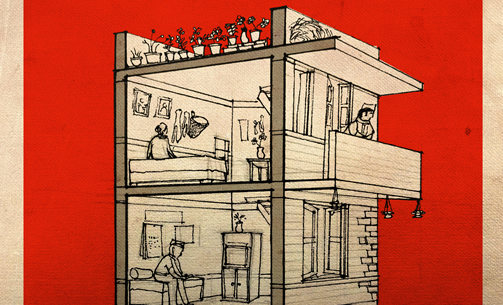
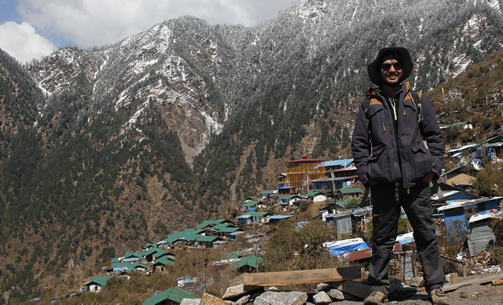
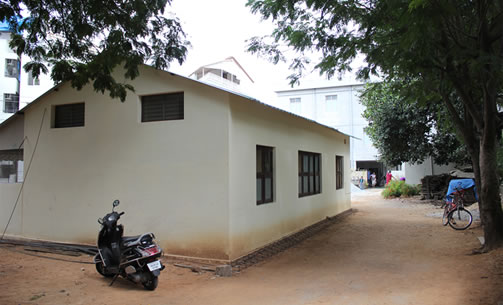
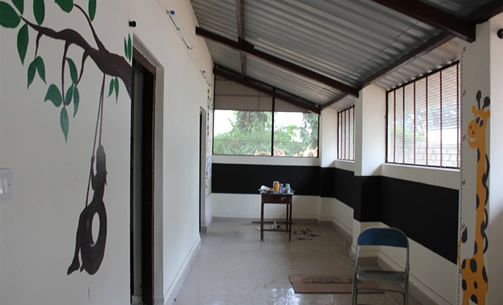
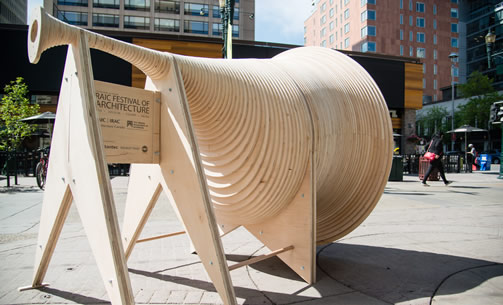
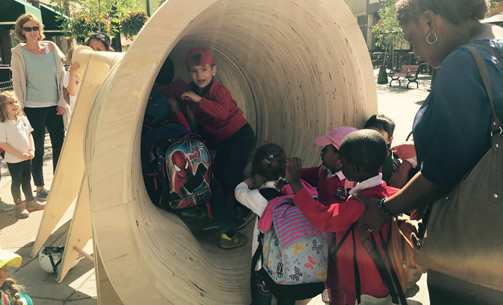
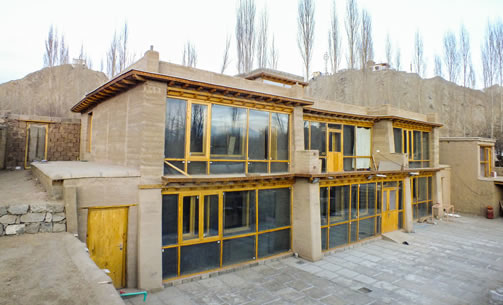
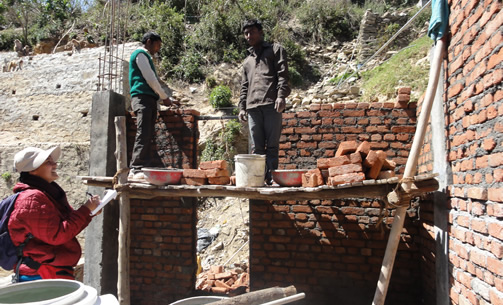
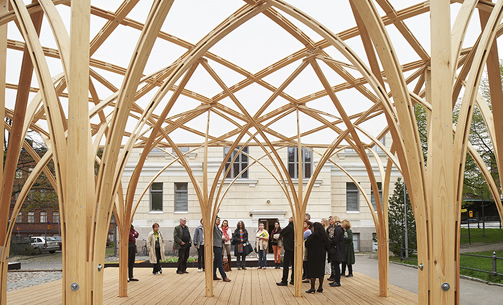
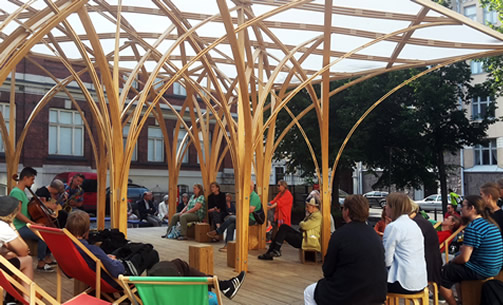
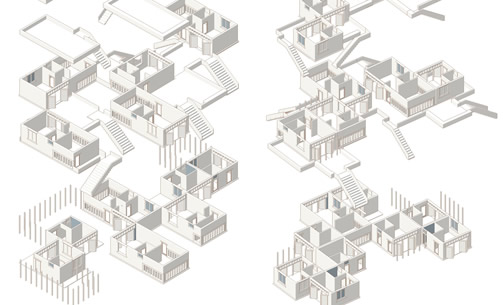
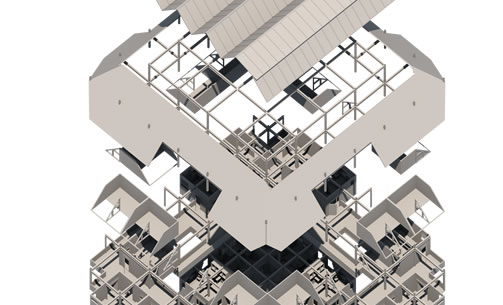
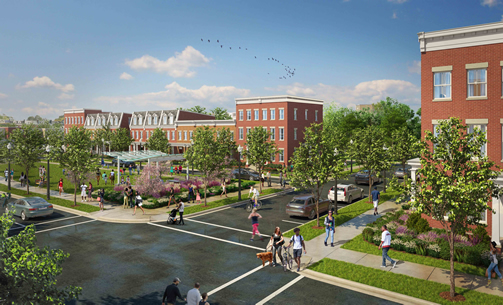
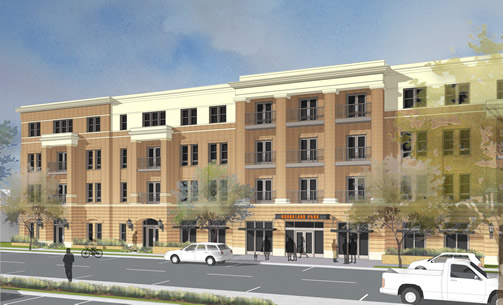
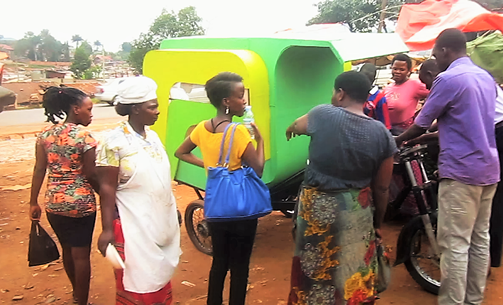
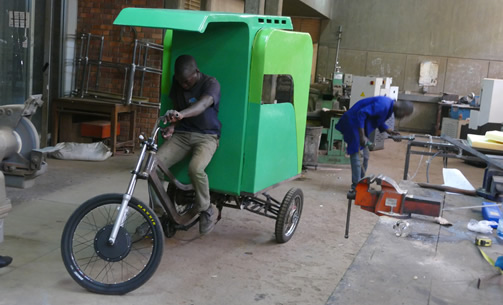
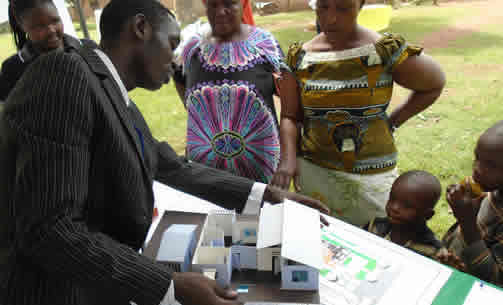
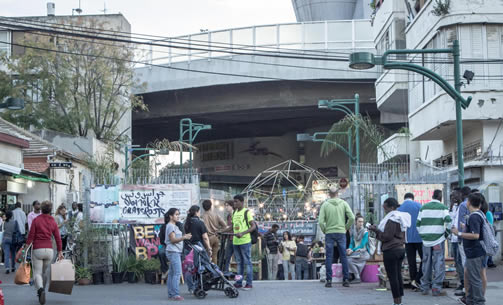
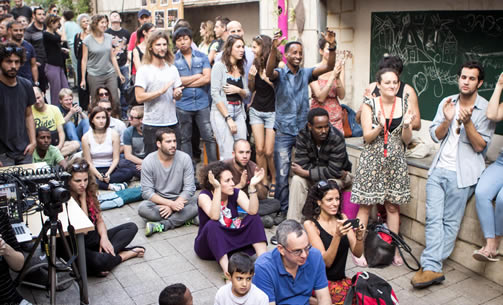
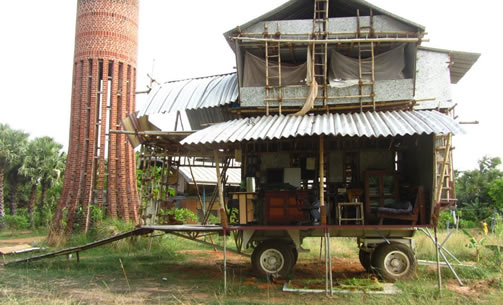
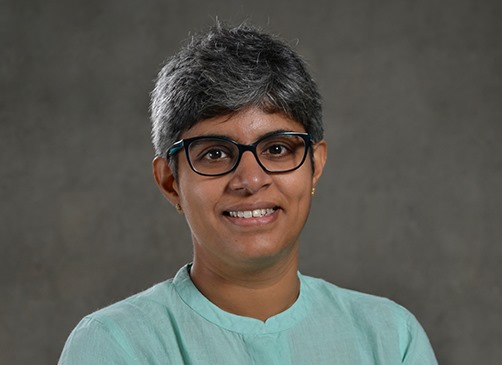
.jpg)
.jpg)
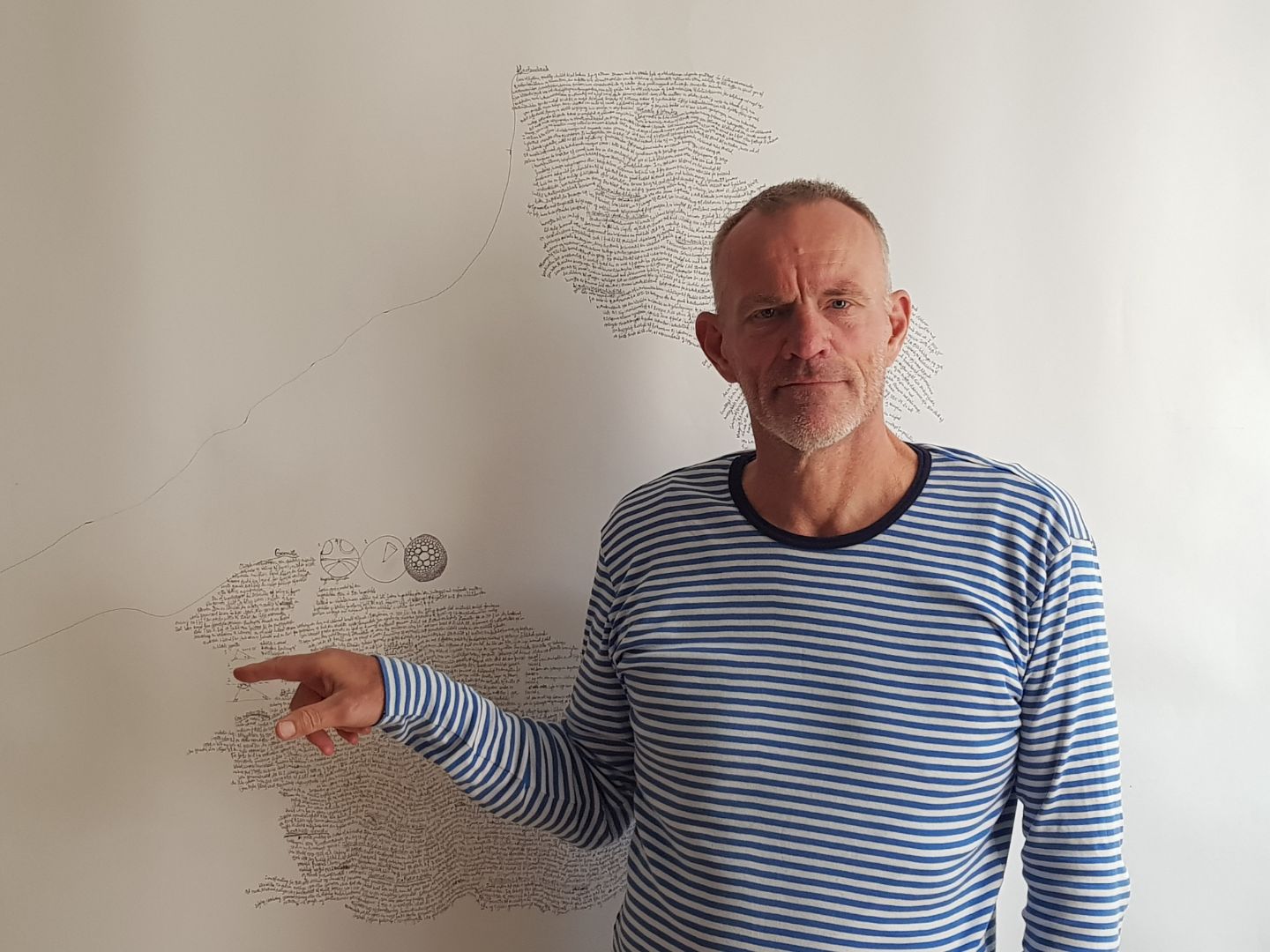

















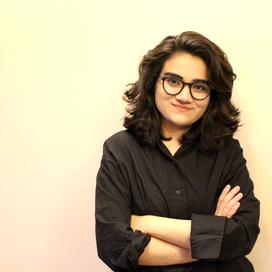 Ushna is a practicing Architect/ Designer based in Karachi, Pakistan and currently working for ‘arcop’ one of the most renowned firms in the country. During the course of her stint with ‘arcop’, Ushna has worked as Project Architect on several complex projects undertaken by AKDN (Aga Khan Development Network) and AKESP (Aga Khan Education Service, Pakistan) in the Northern Areas which is a diverse terrain from cultural, social and geographical aspects. The projects comprise four Schools and an IT Park. She has assisted and been part of the team on the projects including a five star hotel (Serena) in Gilgit & Hunza, Office buildings (HBL Plaza, HBL Clifton, HBL Swing space), Emaar Mosque, Emaar village Islamabad, TCF vocational center, The Indus Hospital, Surjani Town Karachi, Panu Orchards Mansehra, Aga Khan Center etc.
Ushna is a practicing Architect/ Designer based in Karachi, Pakistan and currently working for ‘arcop’ one of the most renowned firms in the country. During the course of her stint with ‘arcop’, Ushna has worked as Project Architect on several complex projects undertaken by AKDN (Aga Khan Development Network) and AKESP (Aga Khan Education Service, Pakistan) in the Northern Areas which is a diverse terrain from cultural, social and geographical aspects. The projects comprise four Schools and an IT Park. She has assisted and been part of the team on the projects including a five star hotel (Serena) in Gilgit & Hunza, Office buildings (HBL Plaza, HBL Clifton, HBL Swing space), Emaar Mosque, Emaar village Islamabad, TCF vocational center, The Indus Hospital, Surjani Town Karachi, Panu Orchards Mansehra, Aga Khan Center etc.